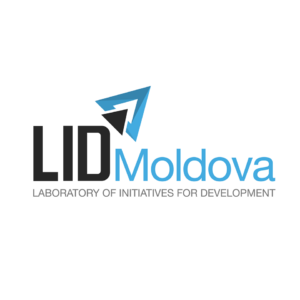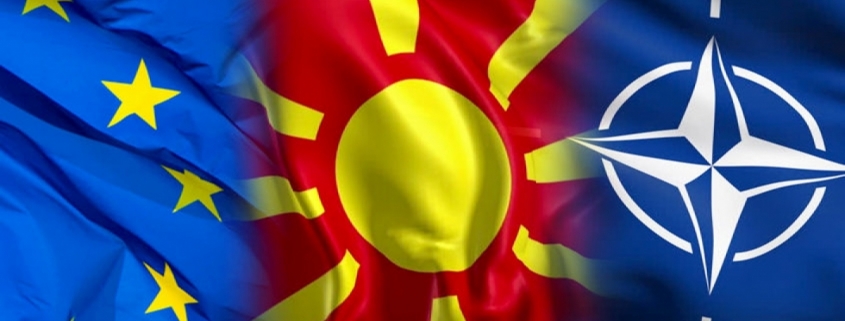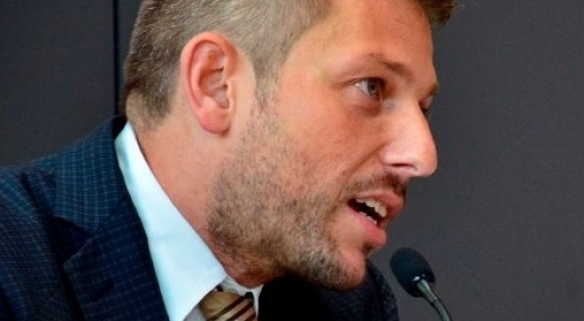EN | In the midst of global pandemics North Macedonia proves that Euro-Atlantic geopolitics is there to stay
#LIDFLASH | Emil Kirjas | “In the midst of the global pandemic of Covid-19, when the epicenter of the crisis is in Europe, we have seen an unprecedented commitment by the governments from both sides of the Atlantic that the cooperation, unity and solidarity in both in Europe and the Euro-Atlantic space is there to stay. The sacrifices that the Macedonians have made in the last years with concluding the historic agreement with Greece have paid dividends: North Macedonia achieved its security guarantees that it is there to stay as a nation and the citizens can hope to join the community of prosperous nations.
This is not only a national historic achievement but a strong message to the region and to the world. It must be taken as an inspiration and motivation by the citizens of Moldova. It shows that even though the conditions might sometimes seem impossible, staying focused on achieving the national interest of being part of NATO and the EU is achievable. Creative innovative solutions to the intractable conflicts and lot of hard work do pay off. I cannot wait for the day when we will toast with good Moldovan wine on the membership of Moldova in our Euro-Atlantic family.”
Background: With the raise of the national flag of North Macedonia in front of the headquarters in Brussels, the North Atlantic Treaty Organization (NATO) confirmed its commitment to its “open doors policy” by welcoming the South East European country. The ceremony which took place in parallel in the front of the Allied Command Operations (SHAPE) in Mons (Belgium) and Allied Command Transformation in Norfolk, Virginia (United States) marked officially that now that the collective Euro-Atlantic defense mechanism includes 30 allied nations from both sides of the Atlantic. North Macedonia became formally a NATO member state in the same week when the European Council had finally given a green light for start of the accession talks with both North Macedonia and Albania.
In fact, the first ever meeting of the General Affairs Council which took place via videoconference had only one item on the agenda – to confirm the determination of the European Union to continue its enlargement policy with the countries of the Western Balkans.


